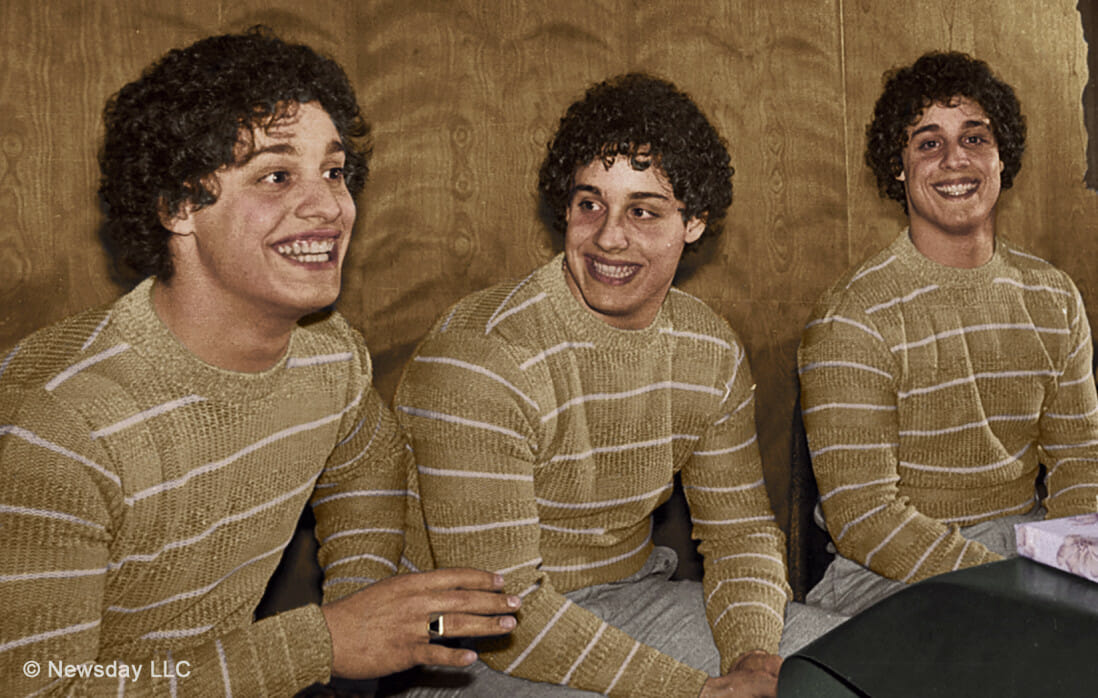
5 March 2020
Truth is stranger than fiction in documentary movie Three Identical Strangers
When 19-year-old freshman Robert (Bobby) Shafran walked into Sullivan Community College in upstate New York on his first day in 1980, he had no idea why everyone was calling him Eddy, or that his life was about to change irrevocably.
Bobby had always known he was adopted. What he hadn’t known was that he had a double walking around. Not just someone who sort of looked like him, but an almost identical copy. An earth-shattering phone call and a two-hour drive at breakneck speed later, he was standing outside the home of Edward Galland, a complete stranger with whom he shared a birth date and, he was about to discover, a whole lot more. “As I reach out to knock on the door, it opens,” Bobby says in the movie. “And there I am. His eyes are my eyes, my eyes are his eyes.”
The remarkable feel-good reunion story of the twins separated at birth made headlines across the US. But another shocker awaited the two boys. It arrived with a phone call a day later. A young man named David Kellman had seen the boys’ picture in the papers, and he too was the spitting image of them. They were identical triplets.
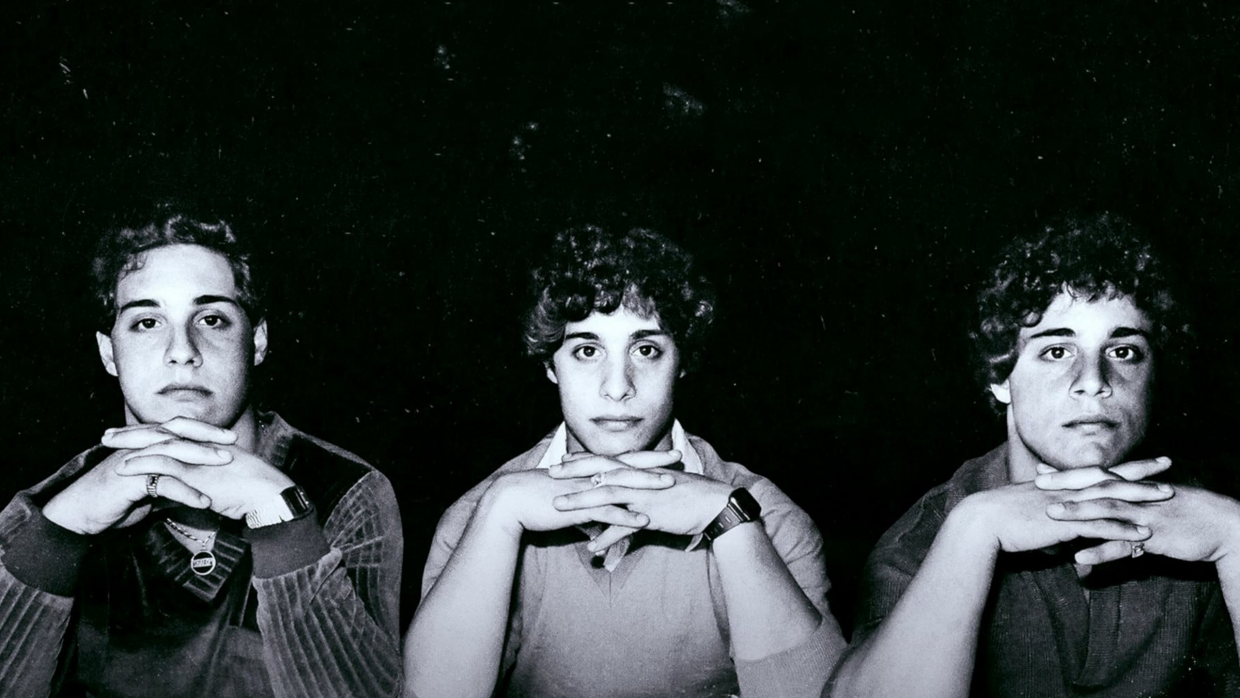
The similarities between them, from their mannerisms and tastes to their identical smiles, were uncanny, but it was the differences between them that had governed – and would continue to impact – their fate.
It was only after their emotional reunion that the boys and their families started asking questions. Their quest to find out why they hadn’t known about one another, and why they’d been split in the first place, revealed an increasingly bizarre and sinister mystery and, as Rotten Tomatoes put it, “a secret with radical repercussions for us all.”
At once heart-warming, tragic and disturbing, the documentary has captivated audiences and critics alike. Newsday calls it, “A riveting, stranger-than-fiction documentary that plays out like a mystery novel,” while Times (UK) says, “It never loses sight of the three scarred subjects at the core of the tale, and of the sense of profound injustice inflicted on blameless children. Unmissable.”
“The boys’ story takes unbelievable twists and turns, and it’s very hard to talk about the film in any way without giving those away.”
Director Tim Wardle
Rotten Tomatoes’ critics rating puts it at 97%, listing it at #3 of the Best Documentaries of 2018, and #9 of the Best Limited-Release Movies of 2018. It’s the most-watched CNN Film premiere ever and has earned almost $13.5m at the global box office.
The film won the Special Jury Prize for Documentary Storytelling at the 2018 Sundance Film Festival and has collected a further 11 wins, including a Critics’ Choice Documentary Award. It received another 53 nominations, including three Emmys and a BAFTA. A feature film based on the documentary is already in development.
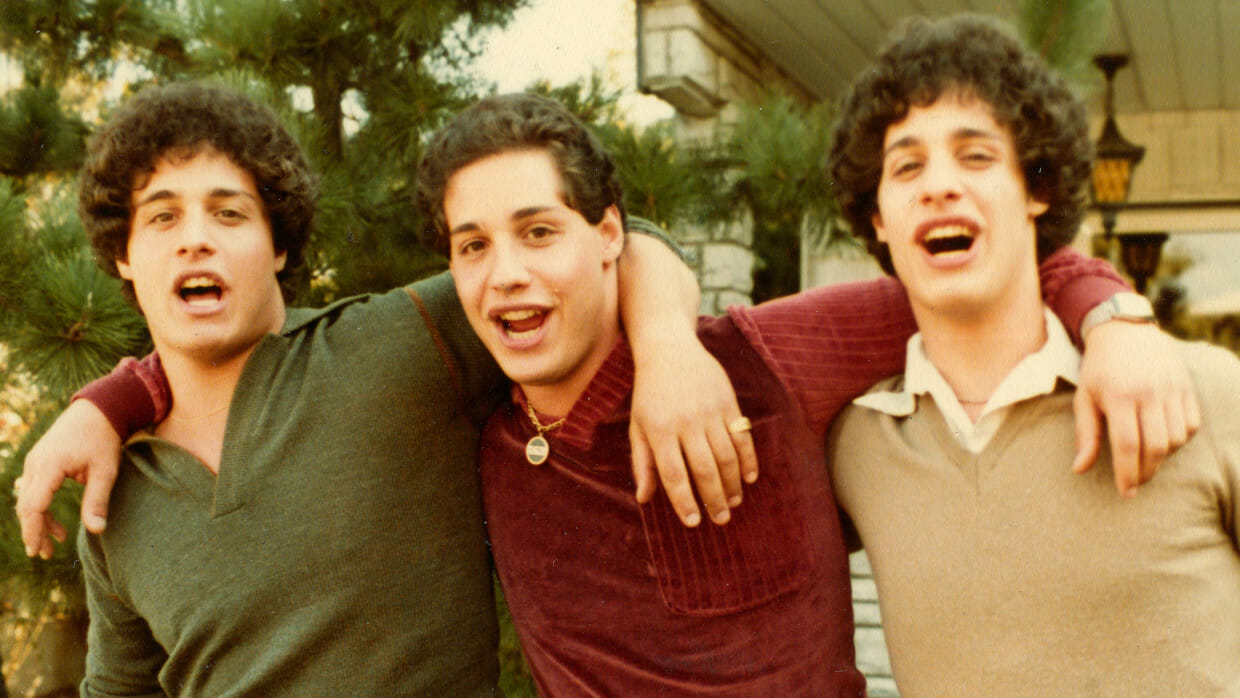
Ahead of the documentary’s premiere in the US Documentary competition at Sundance, director Tim Wardle told The Sundance Institute, “The boys’ story takes unbelievable twists and turns, and it’s very hard to talk about the film in any way without giving those away. I really want people to see this film and for it to take them on a journey and start in one place and end up somewhere completely different. At its heart there’s a really warm, human story, a very personal story about these three brothers, but it allows you to explore much bigger themes, of family, free will, destiny.”
But the brothers’ full story almost didn’t get told at all, and much of the information remains a mystery that has yet to be unlocked.
“There are a lot of conspiracy theories about this story and about why it hasn’t been told in the past, so the whole way through we never knew if we were going to make it to the end.”
Director Tim Wardle
“I feel really privileged to be able to tell this story,” Wardle says. “It’s taken me five years to bring it to the screen. When we were making the film, various people told us about previous attempts to make the story and said ‘You’ll never be able to finish it. People have tried before and it’s been shut down every time.’ There are a lot of conspiracy theories about this story and about why it hasn’t been told in the past, so the whole way through we never knew if we were going to make it to the end, but I’m really pleased that we did.”
Three Identical Strangers is just the start of an important new chapter in the nature-versus-nurture debate (whether we are most shaped by our genetics or our upbringing, environment and experiences), but it also raises many questions about medical and scientific ethics past, present and future. It may also leave you wondering – what if you turned a corner one day and discovered an identical copy of yourself?
Original African stories by local talent
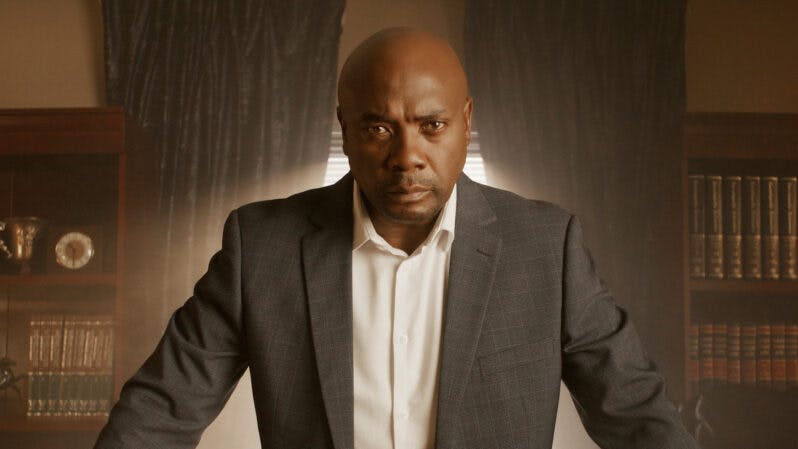
Empini S1
Stream the Showmax Original drama series Empini from 23 May 2024.
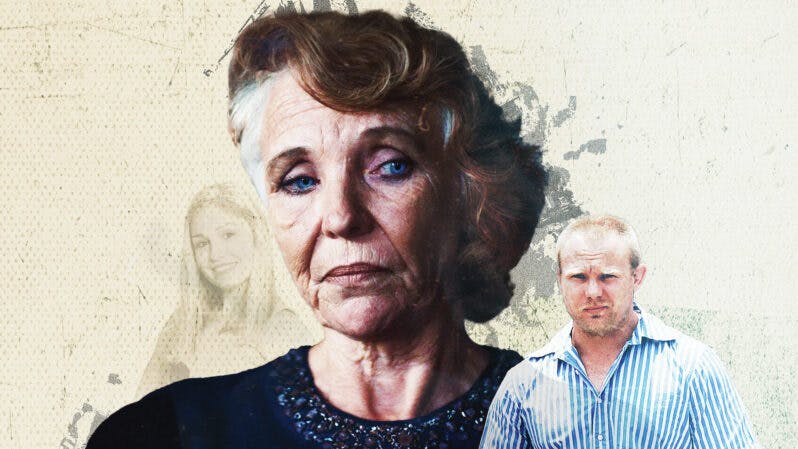
Original Sin: My Son The Killer
Original Sin: My Son The Killer follows the murder of Andrea Venter by Gerhard Jansen van Vuuren, who then went on the run from South Africa to Brazil.
Tracking Thabo Bester
From the makers of Devilsdorp and the director of Convict Conman comes the true-crime documentary South Africa has been waiting for. Two episodes now streaming, and the remaining two episodes land on 22 March 2024 on Showmax.
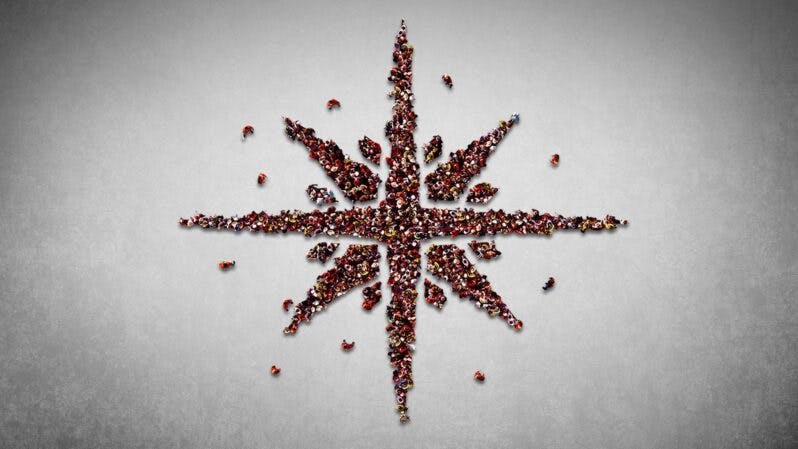
The Illuminated
The Showmax Original docuseries The Illuminated explores different religious movements in South Africa. Stream now, with new episodes every Wednesday.
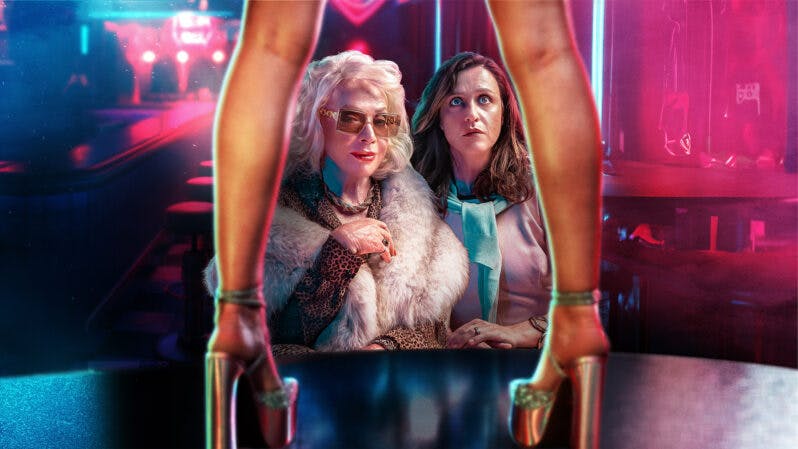
Koek S1
The crime comedy Koek, starring Cindy Swanepoel, now streaming on Showmax, with new episodes every Thursday.
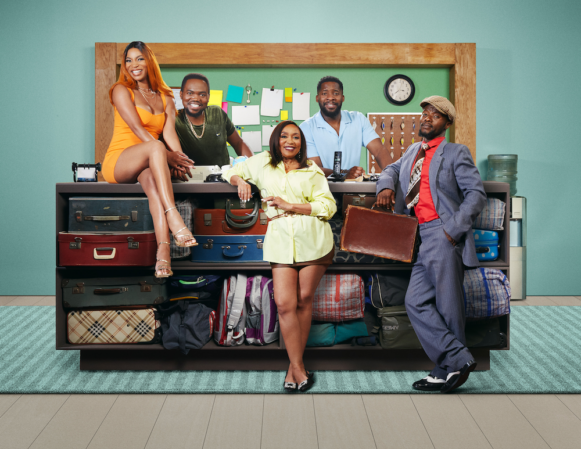
Ekhaya Backpackers S1
Stream the Showmax Original comedy series Ekhaya Backpackers, with new episodes every Thursday.
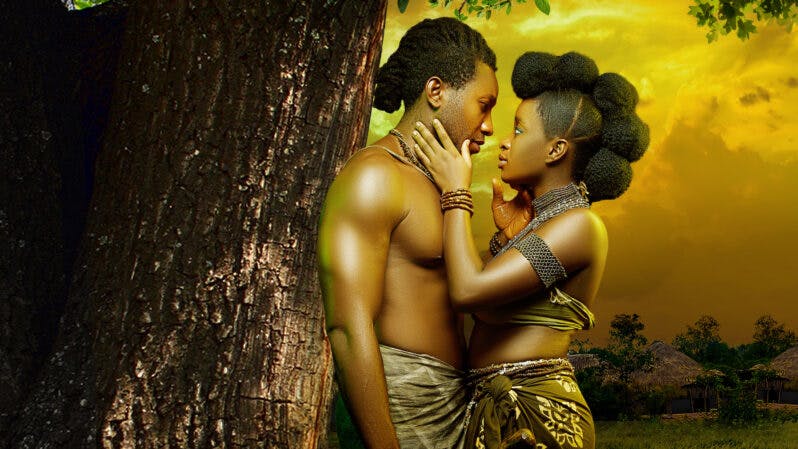
Cheta M
Cheta M explores the love story between Adanna and Nnanna, young lovers who battle the spiritual and political forces in their way. Stream now, with new episodes Wednesday to Friday.
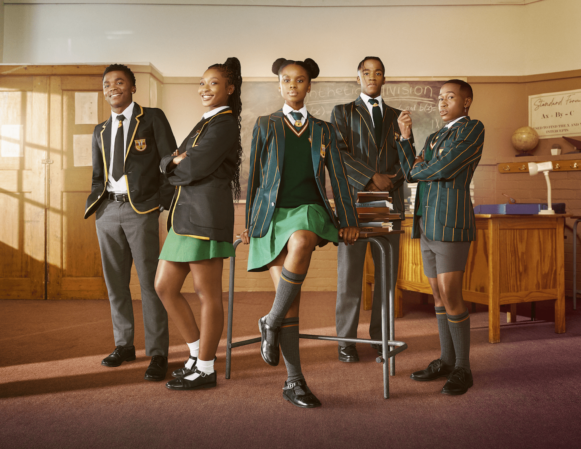
Youngins S1
Stream Tshedza Pictures’s first teen drama, Showmax Original Youngins, with three new episodes every week.
The Winning Ticket, a Showmax Original
Youngins S1 episodes 1-20 recap
More Mzansi gold
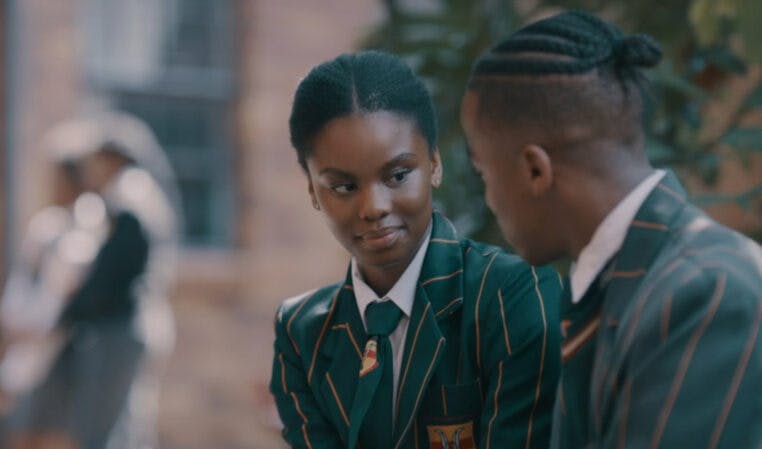
Youngins Season 1 episodes 31-33 recap: Revelations
Amo and Mahlatse become a couple, Tumelo ditches Sefako, and Khaya sees both Sefako and Principal Mthembu in a new light in episodes 31-33 of Showmax Original Youngins.
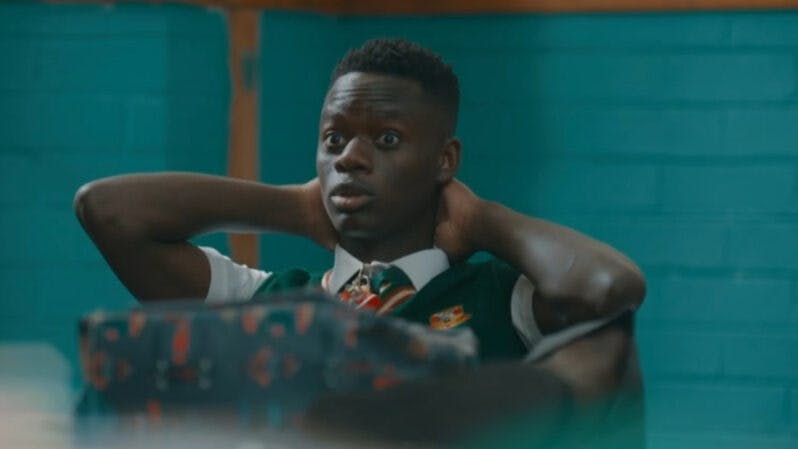
Interview: Knock knock, it’s Youngins’ Tshepo!
Tshepo Matlala talks about how he brings class clown Tshepo’s jokes to life, and what’s behind the mask, in Showmax Original Youngins.

Siyabonga Thwala stars in action-packed Empini
Showmax announces new action-drama series Empini, starring three-times SAFTA winner Siyabonga Thwala. Premieres 23 May on Showmax.

The Mommy Club S2 episode 9 recap: Mrs Mops’ launch event
In episode 9 of The Mommy Club, Mrs Mops launches her skincare range and Barbra and Mantshi make amends. New episodes every Monday.
